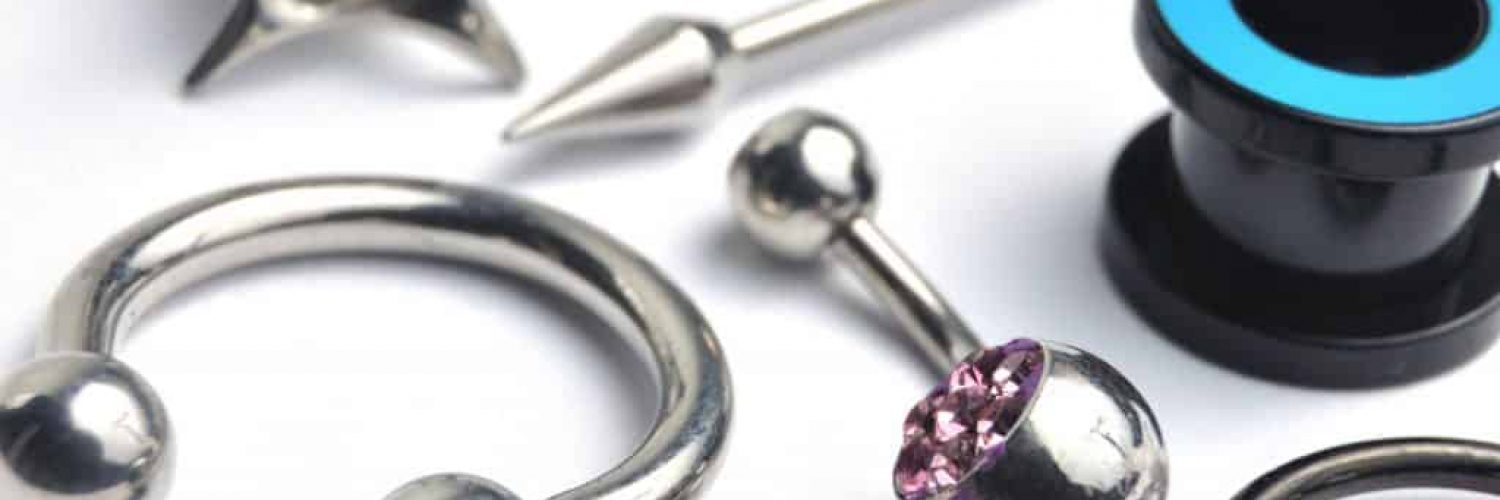There are many forms of self-expression, art, writing, fashion, even body piercing. Piercings can be fun, stylish, and beautiful, but when it comes to oral piercings – such as lip, labret, cheek and tongue piercings – it’s very important to know all the risks involved.
Make Sure You Know The Risks Before You Pierce
Piercing anywhere near your mouth is very different than simply piercing an earlobe. Your mouth is home to an abundance of bacteria as well as an intricate and highly detailed system of nerves and blood vessels. Because of this, there are a number of health-related risks associated with this type of piercing in particular and you should be aware of them before getting pierced. Some of these include:
Bacterial infection. The mouth is home to vast amounts of bacteria and therefore is very easily infected. If the piercing is not done with sterile tools or if the wound is not properly taken care of, bacterial infections–and even secondary infections like hepatitis and herpes simplex virus–can, and frequently do, develop.
Damage to teeth and gums. Contact between teeth and jewelry leads to tooth enamel erosion and oftentimes cracked or chipped teeth. Irreversible gum recession is also a common side effect of oral piercings, which can lead to tooth sensitivity and, in some cases, even tooth loss.
Difficulty with speech, swallowing, chewing and tasting. Oral piercings can cause an increase in saliva production, which sometimes makes anunciation difficult. Tongue piercings have been known to swell, too, potentially hindering normal function and blocking the airway. Oral piercings have also been known to alter taste.
Allergic reaction. Allergic reactions to the metal in the jewelry are possible, especially if surgical-grade stainless steel isn’t used.
Nerve damage or prolonged bleeding. This mostly occurs with tongue piercings. Because the tongue is a muscle, it contains a lot of nerves and blood vessels.. Movement problems, or numbness and loss of sensation at the site of the piercing can occur if nerves are damaged. If a blood vessel is punctured, bleeding can be severe and hard to control.
Gum disease. Oral piercings put the wearer at greater risk for periodontal, or gum disease. Gum disease can lead to tooth and bone loss, and some studies have associated gum disease with other health conditions like diabetes and stroke.
If You Choose Oral Piercings, Do It The Right Way
After understanding the risks, if you still decide to get an oral piercing make sure the procedure is performed by a trained professional who uses sterile instruments. Consult with your dentist before getting an oral piercing to learn proper aftercare and maintenance that will help you reduce your risk of infection or complication.
Your health matters to us. If you have any questions concerning this post or an existing oral piercing, call us today.
If you already have piercings, the American Dental Association recommends that you take the following steps:
- Contact your dentist or physician immediately if you have any signs of infection—swelling, pain, fever, chills, shaking or a red-streaked appearance around the site of the piercing.
- Keep the piercing site clean and free of any matter that may collect on the jewelry by using a mouth rinse after every meal.
- Try to avoid clicking the jewelry against teeth and avoid stress on the piercing. Be gentle and aware of the jewelry’s movement when talking and chewing.
- Check the tightness of your jewelry periodically (with clean hands). This can help prevent you from swallowing or choking if the jewelry becomes dislodged.
- When taking part in sports, remove the jewelry and protect your mouth with a mouthguard.
- See your dentist regularly, and remember to brush twice a day and floss daily.
Of course, the American Dental Association recommends removing the jewelry before any damage occurs, however the choise is totally yours. Don’t pierce on a whim. You should know that the piercing will be an added responsibility to your life, requiring constant attention and upkeep. Talk to your dentist for more information.

